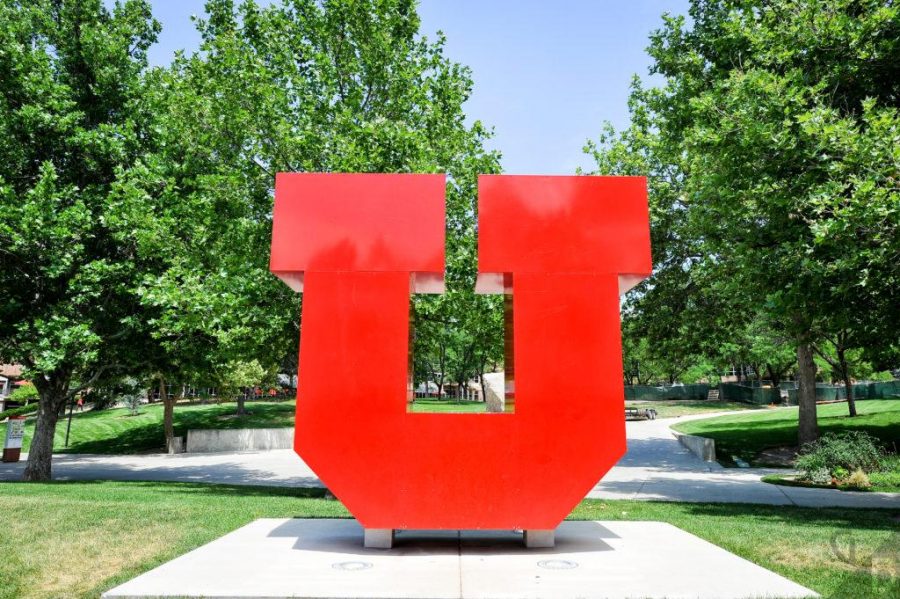Drinking is a big part of modern college culture. Whether you yourself are someone who chooses to partake, you’re surrounded by elements of it. When over 80 percent of college students consume alcohol in the United States, it’s hard to imagine a college scene completely devoid of any connection with drinking.
Drinking is a popular social activity. Kickbacks with friends, parties and ragers, and hitting up the bars are all popular weekend pastimes. It’s an easy way to get out and have fun, meet new people, and get some stress out after a long week at school.
For many younger students, college opens up the drinking scene like never before. Underage drinking is illegal, but it would be foolish and incorrect to postulate that the illegality of the act prevents it from occurring. If you want alcohol, there’s no shortage of places you can find it. Fraternities and sororities use parties as a recruitment strategy directed at incoming freshmen. Older friends invite younger friends over for a drink. Tailgating and after-parties are almost as much of an event as football games themselves.
Especially for younger drinkers who are new to the college scene or who might not have had much experience with alcohol, this can quickly become risky. Binge-drinking and over-intoxication can lead to alcohol poisoning which, without medical attention, may cause physical harm and even death.
The University of Utah is a dry campus where people are forbidden to carry or consume alcohol while on the premises. Violators potentially face ramifications from both the university and law enforcement. It is naive and obtuse for the university to assume that these threats alone will stop drinking altogether. Furthermore, it is foolish to overlook the continuation of unsafe drinking despite these threatened repercussions. This is precisely what the university does with its lack of a medical amnesty policy regarding drinking.
Colleges and universities across the country have taken on such amnesty policies as protective measures that make drinking environments safer for their students. These policies promise students safety from disciplinary actions if they seek medical attention for themselves or someone else.
At a university like our own, people might be hesitant to seek help because of fear of university or legal consequences. If someone is drinking with an underage friend who begins to display symptoms of alcohol poisoning, they may choose not to bring that friend to the hospital or seek assistance from campus personnel because they will both get in trouble with the university and the law.
This lack of an amnesty policy increases the risk of inevitable drinking scenes and brings harsh consequences to those who are trying to help themselves or someone else in a dangerous situation. The U must take measures to protect its students and make campus life and culture a safer place for all.
s.barber@dailyutahchronicle.com



Eric Thoreson • Sep 26, 2017 at 11:58 am
Laws shouldn’t be changed (changed to amnesty) or added to appease those who break laws. Just because a behavior is common, it does not mean a law should change to conform to that particular behavior, especially if it is a behavior that is well known to be detrimental to one’s health. If laws aren’t followed, there are consequences, which law breakers need to learn to deal with, or they can change their behavior to then follow the law.
Mckay • Sep 26, 2017 at 10:10 am
The hospital does not report to the U. Seeking medical attention will not result in disciplinary action. Hospital staff are bound by HIPPA law, therefore there isn’t risk of seeking medical attention.